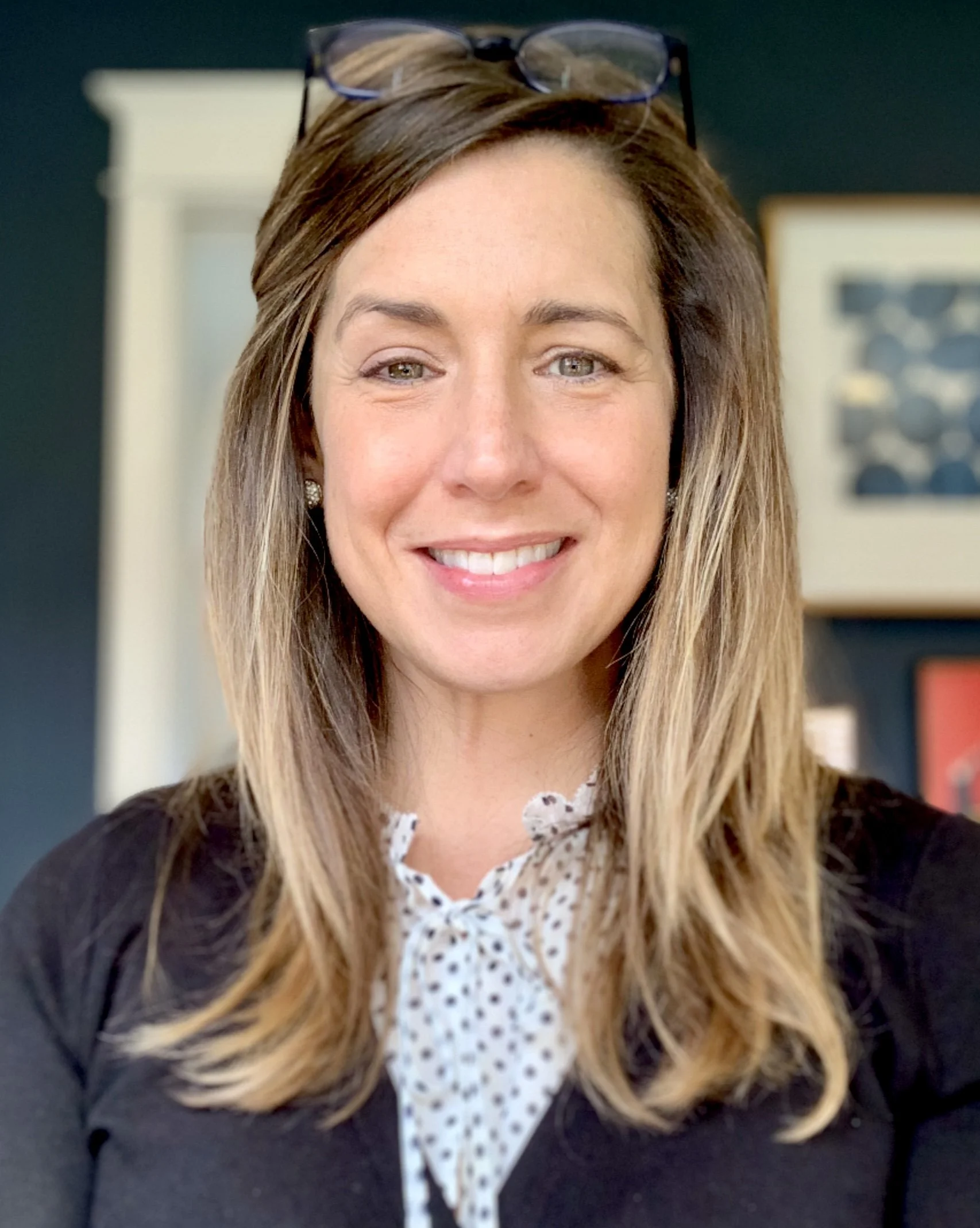Mary Loudon, PhD
Co-Founder of The Seattle Clinic
Licensed Clinical Psychologist
Contact:
Phone: 206-769-2052
Insurance:
While I am not contracted with any insurance companies, depending on your eligibility, your insurance provider may reimburse you for a substantial part of my fee as an out-of-network provider. Please contact your insurance provider to inquire about your out-of-network coverage for individual or couples therapy.
Welcome
I’m so glad you found your way here. I hope the information provided below will help you decide if we might make a great match in therapy, consultation, or supervision.
My Therapeutic approach:
My therapeutic approach arises from the integration of two overlapping viewpoints on human experience and suffering: the functional contextual science that has changed the landscape of psychology over the past 20+ years, and the human wisdom - increasingly substantiated by science - that powerful, authentic relationships are keystones to healing and change.
Put simply, this means that when I sit with you in a session, you’ll receive a synthesis of my head and my heart. While relying on the backbone of empirically supported treatments (primarily FAP, ACT, and EFT), I’ll meet you with my genuine emotions, empathy, compassion, humanity and humor. As an active therapist, you can count on me to challenge you, whether gently illuminating your blindspots, motivating you to face what you’re avoiding, calling on you to step into your power, or bringing you into contact with emotions you’ve detoured at great expense. I’ll help you recognize your strengths while encouraging you to develop your weaker muscles so they can better serve your life and purpose.
My clients tell me that therapy with me is engaging, real, and deep. I’ve been affectionately nicknamed a “bloodhound” for my active pursuit of clients’ emotional authenticity and this often brings a certain intensity to the work. At the same time, clients are often surprised to discover how much laughter and lightness pervades our dialogue. Over the course of therapy, my clients meet many sides of me: my sincere reverence for the sacred work we’re undertaking, my humility in acknowledging my own mistakes, my tears as I meet their pain, and pride in them as I witness their growth.
My Theoretical FoundationS:
Functional analytic psychotherapy
Once I’ve come to deeply understand the concerns that brought you to therapy and we’ve considered how your life path led you to this place, we’ll work together to identify the behaviors that are blocking your progress (e.g., how and what you avoid, how you communicate and express emotion, how you honor or disregard your needs and boundaries, etc). As therapy progresses, we’ll look for potent moments when behaviors related to the problems you’re experiencing in life actually show up inside our therapy. These moments, which turn out to be more frequent than you might imagine, present valuable opportunities to derive and practice more effective behaviors within the safe supportive space of our relationship. Rather than “role plays” or artificial rehearsals, these are better understood as “real plays” involving the real you and the real me transacting, shaping each other as we provide feedback about the reciprocal impact we’re having on each other. The purpose? Cultivating a relationship that’s real enough and close enough to evoke these repertoires, and a therapy environment that hones and reinforces more effective behaviors you’ll bring back into your outside life and relationships.
Couples Therapy
Through the lenses of Emotionally Focused Couples Therapy, Gottman research, and Functional Analytic Psychotherapy, we’ll begin our work by pursuing a deep understanding of each of your (often different) experiences of your relationship. I will meet you with the philosophical assumption that both of your experiences of your relationship are valid, and your behaviors make perfect sense if we can just step behind your eyes and see the larger context, both present and past. While it’s important to identify ineffective behaviors in your dynamic, we will go under the hood to pinpoint the unexpressed emotions and interpretations that trigger these problematic behaviors. We’ll also bring to light the ultimate intended function of those problematic behaviors. Often, those very behaviors start out as an attempt to “solve” the problem, but in time we find ourselves feeling more misunderstood, more alienated, and more alone. We can inadvertently co-create a feedback loop in which each partner’s playbook polarizes, putting you on a carousel with the predictable dynamic entrenching itself over time. Understanding this negative feedback loop is often the first step to long-lasting, meaningful change. This can be a vulnerable and challenging undertaking, particularly in relationships mired by resentments or betrayals. It is also an undertaking that can unlock deep changes of the heart that simply aren’t achievable or sustainable otherwise.
As we settle into this framework acknowledging each partner’s contributions to the negative feedback loop, the focus can shift from “I need my partner to change” to “I’m ready to do my own work.” In this context, it becomes safer for each partner to explore their deepest needs and emotions underlying their conflicts, and practice how to work with them to draw their partner closer instead of pushing them away. During each session I actively coach partners in identifying and expressing their more vulnerable emotions, and increasing emotional safety. Partners who struggle to be emotionally present will have the opportunity to gradually approach their own and their partner’s emotions, and will be coached in responding to their partner’s vulnerability with their own reciprocal vulnerability. Together we’ll cultivate a secure attachment bond that gives way to intimacy and an experience of being accurately seen and loved.
As we establish a new baseline of reciprocal emotional attunement and responsiveness, couples may discover relationship potential they had never imagined possible: their negative feedback loop evolving into a positive feedback loop. In other cases, however, couples may discover that they cannot or do not wish to meet each other’s needs and may choose to part. In either case, the space we create allows these paths to be fully explored within a context of honesty, courage, and self-awareness.
NEW CLIENT INQUIry:
If you are interested in pursuing therapy or training, please complete my inquiry form below. While my psychotherapy practice is currently full, I would be happy to add you to my wait pool if it seems that I could be of service to you in the future. I typically let 4-6 new or returning clients into my practice each year. When a weekly space opens up, I turn to my waitpool to identify and reach out to prospective clients who seem like the best fit for my skills.
**Please note, I am not able to reply to all prospective client inquiries. You will receive a response from me if a spot opens up or if I can offer you a referral beyond those listed below.
Because I want to support every person in accessing therapy - particularly if you’re in distress - I encourage you to reach out to other clinicians at The Seattle Clinic who may have immediate openings, or link to Greenlake Therapy Group, EBTCS, or Associates in Behavioral Health.

